March 13th is National No Smoking Day, making it the perfect time to put an end to this dangerous habit. It’s no secret that smoking leads to serious health issues, including cancer, heart disease, stroke, lung diseases, diabetes, and chronic obstructive pulmonary disease (COPD). However, the use of any nicotine products, including chewing tobacco, smoking, and vaping, impacts your teeth and mouth tissue far beyond simply yellowing your bright white smile.
Here’s what you should know about the serious effects of smoking and your teeth and gums, and why it’s so important to avoid cigarettes and vaping altogether.
How Does Smoking Affect Your Teeth And Mouth Tissues?
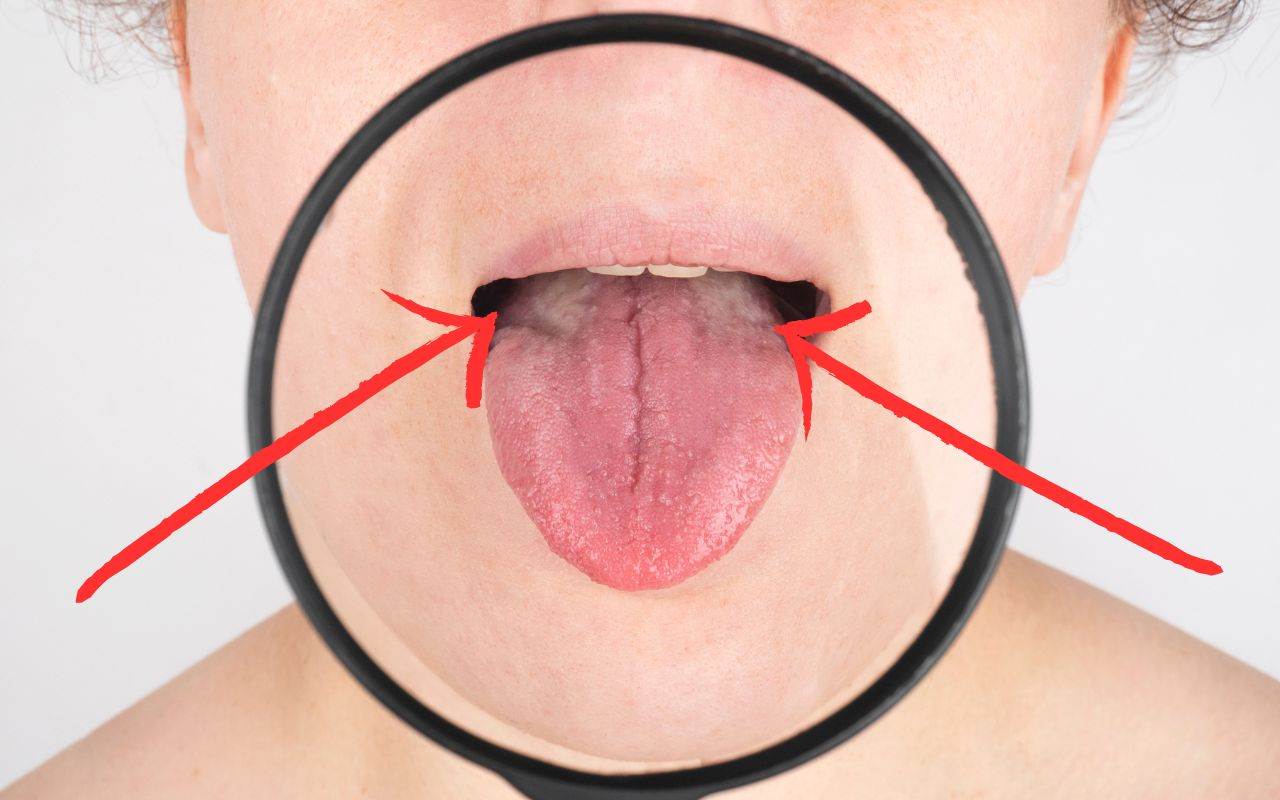
Although smoking leads to far more troubling health issues than damage to teeth and mouth tissue, your oral health is still something to not take lightly. The effects of smoking on your oral health go beyond pronounced teeth staining, including damage to your gums and other tissues. This is because smoking reduces blood flow to the gums. A lack of oxygen makes you more prone to bacterial infections, which increases the risk of gum disease and, eventually, tooth loss if not treated soon enough. Smoking also causes dry mouth because it reduces saliva flow, which increases the risks of dental decay.
However, you can also develop oral cancers because the carcinogens in tobacco hit your oral tissues first. Early signs of oral cancers include:
- Persistent sores
- Lumps
- Rough spots
As a result, it’s essential to visit your dentist for regular dental check-ups so they can spot early signs of cancer. They will ensure your cancer is diagnosed so you receive treatment as soon as possible. This will greatly increase your odds of surviving.
The Effects Of Vaping On Teeth And Mouth Tissues
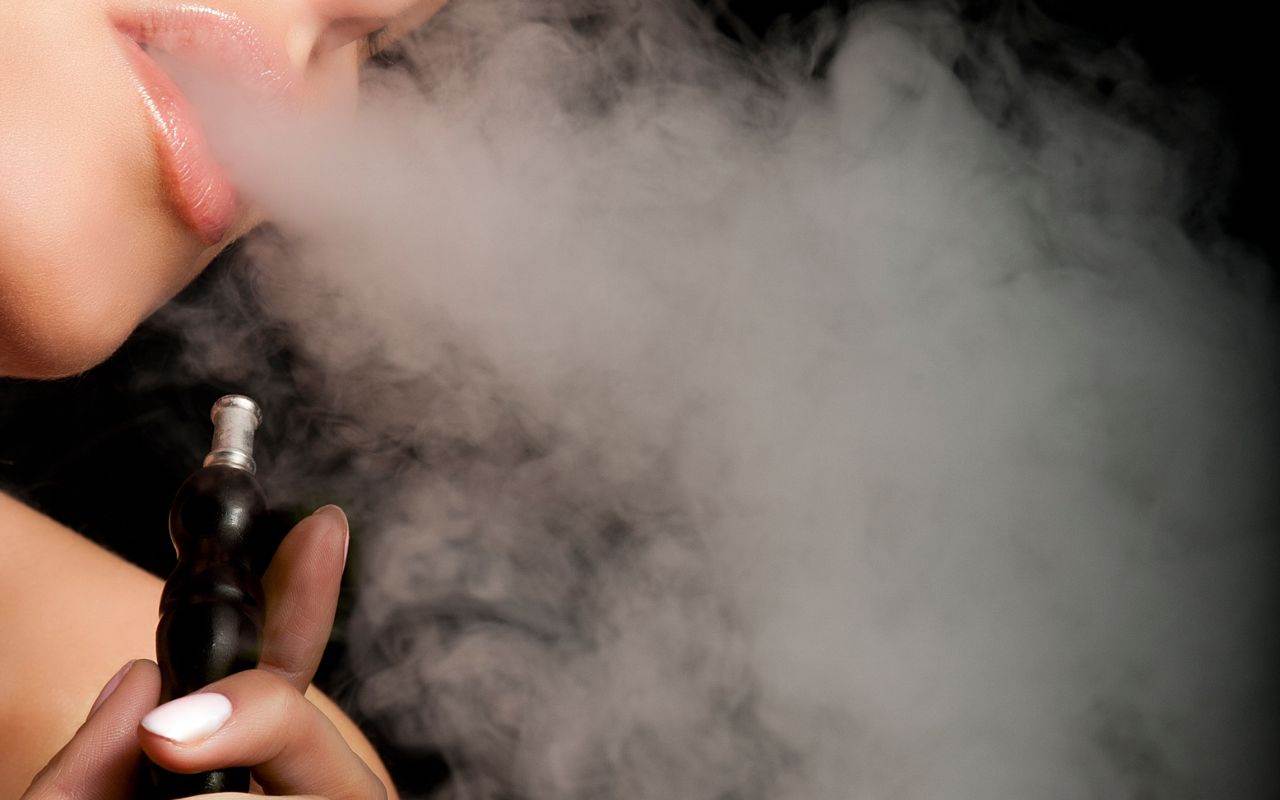
If you’ve decided to vape instead of smoking traditional cigarettes, you should know that vaping has its own set of negative effects on your oral health, including:
- Excess bacteria in tooth pits and crevices from exposure to e-cigarette aerosol increasing the risk of tooth decay, cavities, and gum diseases
- Dry mouth caused by e-cigarette liquids containing propylene glycol leading to bad breath, tooth decay, and recurring mouth sores
- Gum inflammation and irritation, such as tenderness, redness and swelling, and irritation that can reach the mouth and throat
- Cell death related to vaping aerosols causing DNA damage, increasing the risk of oral health issues, including periodontal diseases, bone/tooth loss, dry mouth, and tooth decay
The main culprits for vaping include e-liquids that contain nicotine, propylene glycol and menthol. Also, flavoured e-liquids can increase the risk of gum inflammation compared to non-flavoured e-liquids.
Smoking And Your Teeth – Is Vaping Any Better?
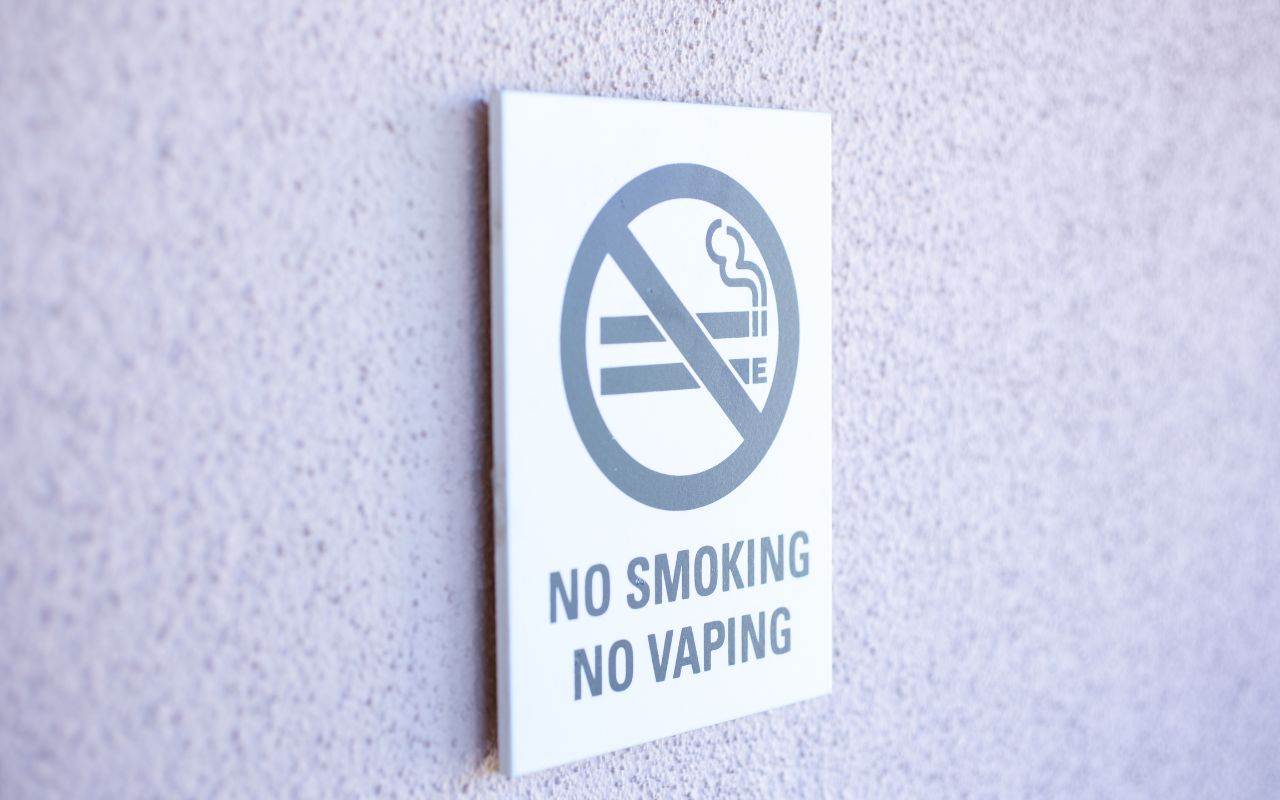
When comparing smoking vs vaping, studies show vaping appears overall to have less serious impacts than cigarettes. However, this is likely because those who vape have not been doing it as long as those who smoke, since vaping is a relatively recent trend. Since prolonged use of e-cigarettes leads to worsening issues, further studies are needed to show the true impact of vaping compared to cigarettes over time.
How Do The Chemicals In Cigarettes Affect/Interact With Our Oral Microbiome
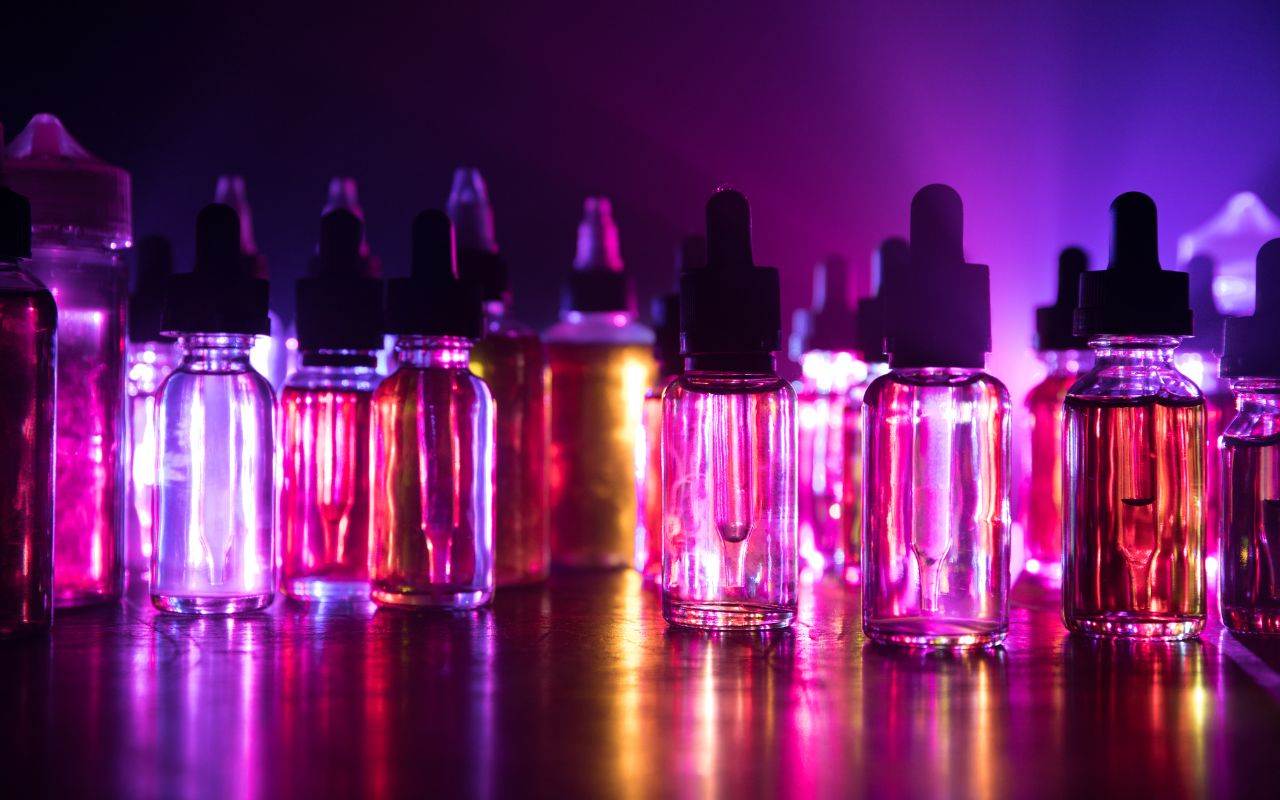
According to one study, the oral microbiome of smokers differs from non-smokers and former smokers, including:
- The good bacteria that can aid in breaking down toxic chemicals inhaled through smoking was only present in 4.6% of overall bacteria for smokers compared to non-smokers’ mouths, which had up to 11.7%
- 10% more strains of Streptococcus, which contributes to gum disease, were found in smokers compared to non-smokers
- Increased risk of oral cancers for smokers, with 75% of oral cancers being linked to smoking
- Increased risk for smokers of developing dental caries and gum disease
When considering the microbiome of former smokers, they were able to recover their healthier oral microbiota once they quit smoking. However, it took up to 10 years to regain a healthy balance of bacteria.
Is Nicotine Gum Any Better Than Cigarettes For Oral Health?

According to a clinical study, nicotine chewing gum does not significantly impact oral health. Therefore, it is an excellent choice to help people quit smoking for better oral health.
Can Stains On Teeth From Smoking Be Removed If A Person Quits?
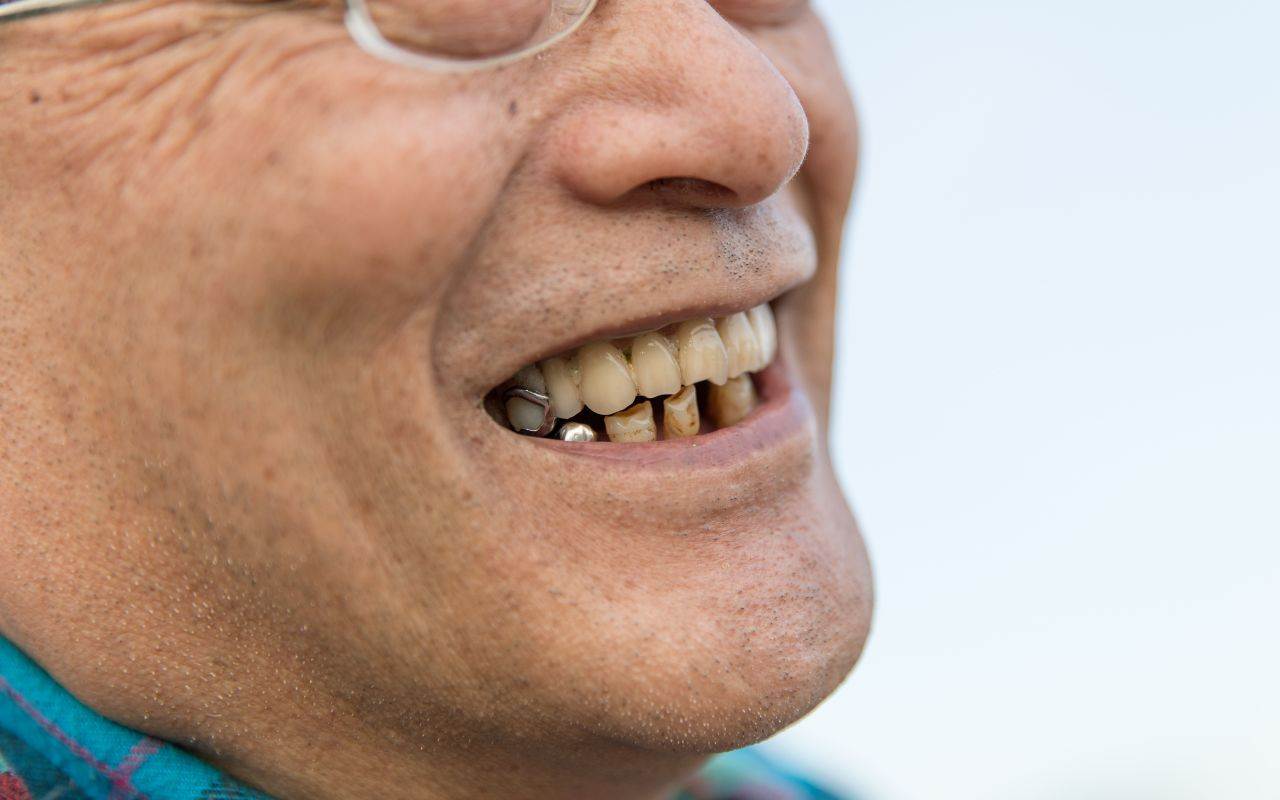
Yes and no. The act of quitting itself will not resolve stains. However, once you quit smoking, you will stop further staining.
Smokers need a diligent oral health regime to minimize or remove staining. While you can use professional treatments or over-the-counter whitening products, along with improving your home oral care regime, smokers need bleaching treatments twice as often as non-smokers to help maintain a whiter smile.
You can speak to your dentist to determine the best way to remove tobacco stains. They will assess the severity of your staining and recommend the most effective treatments that will see the best results. Of course, teeth whitening by a professional or using custom trays with professional strength whitening agents at home are more effective. Also, proper brushing in hand with professional cleaning helps prepare your teeth to take on the bleaching agents more efficiently.
Your dentist can assist with the following:
- Scaling to remove tartar build-up that makes teeth look yellow
- Polishing to smooth tooth surfaces
- Whitening treatments to help regain your natural level of whiteness
- Recommended daily care such as toothpaste for smokers to target tar and nicotine stains and mouthwash to combat dry mouth
- Tips on improved daily brushing and flossing techniques
Can Oral Microbiome Return To A Healthy Balance Once A Person Quits Smoking?

Yes. As mentioned above, by quitting smoking, your oral health begins to recover, including improved blood flow that reduces the risk of bacterial infections. Day by day, your oral health can improve, decreasing the risk of gum disease, tooth decay, bone loss, tooth loss and cancer.
You can help your oral microbiome return to a healthy balance using these steps:
- Keep your mouth hydrated by drinking plenty of water, chewing sugar-free gum, and using special mouth rinses recommended by your dentist to improve saliva production
- Eat a healthier diet with a reduction in carbs and refined sugars and an increase in fresh veggies and fruits, plant-based foods like fresh produce, roots, nuts, legumes, and fermented foods like sauerkraut, kimchi, and yogurt to improve your pH balance and flora
- Avoid acidic and sugary drinks and choose water instead to improve saliva production and neutralize acids in your mouth
- Ask your dentist for tips on how to improve your oral hygiene
- Stop smoking, even occasionally, to avoid disrupting your progress
Your dentist can assist with an effective smoking cessation plan and provide the oral health care you need to get back on track. By quitting smoking or vaping, you can start reversing the damage and look forward to a life with a healthier mouth and body.
Call today to schedule an appointment at 905-775-5307 or click here to request an appointment.
